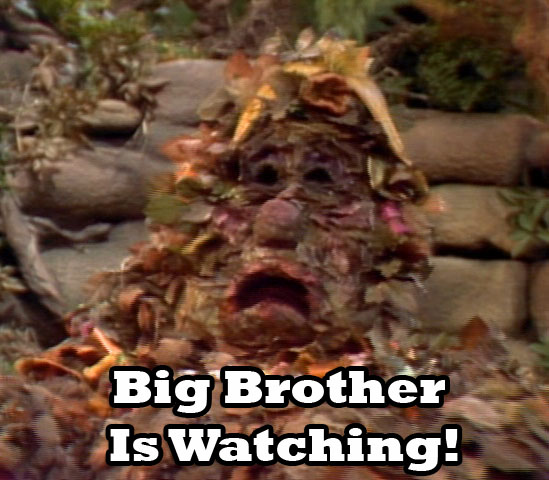A recent puff piece in the Atlantic praises San Fransisco’s trash inspectors, whose job it is to monitor and record what you throw in the trash and how you sort your trash:
“The early-morning cart monitors are armed with clipboards, and they take notes about the trash sorting behavior of each household, which is later entered into a database and given to the outreach crew.”

Separation of trash into trash, compost, and recycling is mandatory in San Fransisco, to the point where “[t]he original proposal called for fines of up to $1,000 for homes that failed to properly sort their trash.” However, the impact of this is muted by the fact that no tickets have allegedly been given. The passage of petty laws that aren’t enforced can be a dangerous one; that they haven’t given out a ticket does not mean that they won’t give a ticket if they are motivated against a particular offender, and the lack of enforcement encourages lazyness in people in regards to actually upholding the law, particularly over trivial laws and regulations.
This law is meant to condition people and alter their behavior: “Most of the easiest behavioral changes have already been implemented.” it is explained. But then, that is what these trash inspectors are for: Conditioning people to conform to go along with some sustainability fantasy. That the Atlantic says that “the fears of Big Brother peeking into people’s trash cans have faded” despite the fact that the city is doing exactly that is proof enough of the success of these “behavioral changes.”
Only San Fransisco would create professional hobos to act as Big Brother’s eyes and ears, and so collect and collate information relating to individual citizens… and their trash.






